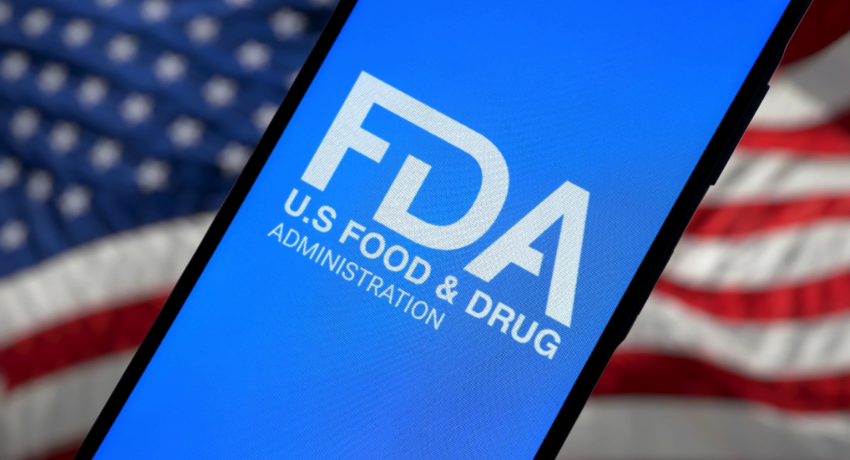
On May 12, 2025, the FDA announced it would expand its use of generative AI across regulatory review processes, including drugs, medical devices, and food safety evaluations (Axios, 2025). This decision builds on a successful pilot program and supports the broader White House initiative to modernize federal agencies with artificial intelligence.
This regulatory shift will affect contract manufacturers, pharmaceutical companies, and the equipment and service vendors that support production readiness. Companies across the supply chain will need to rethink how they approach timelines, digital systems, and compliance strategies.
What the FDA Is Doing
The FDA has started using generative AI tools to review regulatory documents, evaluate clinical data, and assist in drafting decision memos. Human reviewers will continue to oversee approvals, but AI will help them process large volumes of information more efficiently (Axios, 2025). These tools already read and analyze thousands of pages from clinical trials to flag inconsistencies or missing data in a fraction of the time it takes human reviewers.
The FDA plans to implement AI across several divisions, including the Center for Drug Evaluation and Research (CDER), the Center for Devices and Radiological Health (CDRH), and the Center for Biologics Evaluation and Research (CBER). These centers will tailor their AI applications to the specific needs of each product category.
Impact on Equipment and Service Providers
As FDA review timelines accelerate, pharmaceutical companies will expect their suppliers to match that pace. Equipment providers will need to speed up production and delivery cycles and offer systems that scale quickly. They may also need to integrate digital features like real-time data logging and analytics, especially for quality-critical equipment used in aseptic processing, sterile fill-finish, or continuous manufacturing environments.
Suppliers that offer outdated or inflexible technology may fall behind. Regulatory bodies may begin using AI not only for product reviews but also to analyze manufacturing data and plan inspections. Systems that do not support automated reporting or digital traceability could introduce compliance risks (FDA, 2025).
Service providers who handle validation, commissioning, or calibration will also feel the impact. When the FDA shortens approval timelines, project timelines will compress. Providers will need to demonstrate agility and readiness to respond quickly without compromising accuracy or documentation standards.
CDMOs and Manufacturers Will Face Shorter Lead Times
Contract development and manufacturing organizations (CDMOs) will need to move faster when clients receive accelerated approvals. Sponsors may push for tighter turnaround on tech transfer, batch release, and commercial launch.
Organizations with robust digital infrastructure, such as electronic batch records and cloud-based quality systems, will handle these pressures more effectively. CDMOs that continue to rely on paper records or disconnected systems may struggle to keep up.
Shorter approval cycles will increase the need for data accuracy, version control, and interoperability between sponsor and CDMO systems. Facilities will need to deliver faster responses to audit requests, support real-time compliance reviews, and adapt manufacturing processes to meet shifting timelines.
Challenges and Risks to Consider
Not everyone supports the FDA’s rapid AI rollout. Critics have raised concerns about transparency in how the agency selects and trains AI models, particularly when those models analyze proprietary or confidential data (Axios, 2025). These concerns create uncertainty for companies that rely on strict confidentiality or nuanced regulatory interpretation.
To mitigate these risks, companies must improve their data governance practices. They need to ensure their submissions are well-structured, accurate, and traceable. If the FDA begins analyzing digital files directly, organizations that cannot provide clean, verifiable datasets may face delays or additional scrutiny.
Data security, audit trails, and digital validation will become core elements of compliance. Service providers and manufacturers should prepare now by evaluating gaps in their data architecture and submission workflows.
What to Expect Next
The FDA has not released a full deployment timeline. However, the agency has made it clear that AI will become a standard tool across its centers. Companies in the pharmaceutical supply chain should act now to align their operations with this new environment.
Organizations that modernize their infrastructure and adopt digital tools early will gain a competitive edge. They will also be better equipped to manage the increased speed and scrutiny that AI-enabled reviews bring.
Act Now
Hygenix helps pharmaceutical manufacturers, CDMOs, and equipment providers develop and implement AI integration strategies that meet FDA expectations. We offer support in digital infrastructure planning, regulatory data strategy, and AI readiness assessments.
To learn how Hygenix can support your transition to AI-informed regulatory operations, contact us today.

